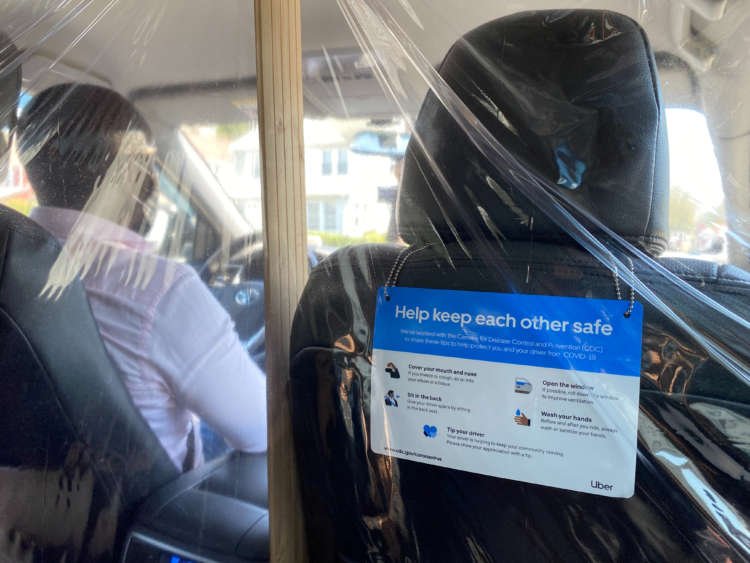Business
Uber, Lyft use rides to vaccines to get drivers, customers back on the platform
Published by linker 5
Posted on April 9, 2021
1 min readLast updated: January 21, 2026

Published by linker 5
Posted on April 9, 2021
1 min readLast updated: January 21, 2026

Explore more articles in the Business category











